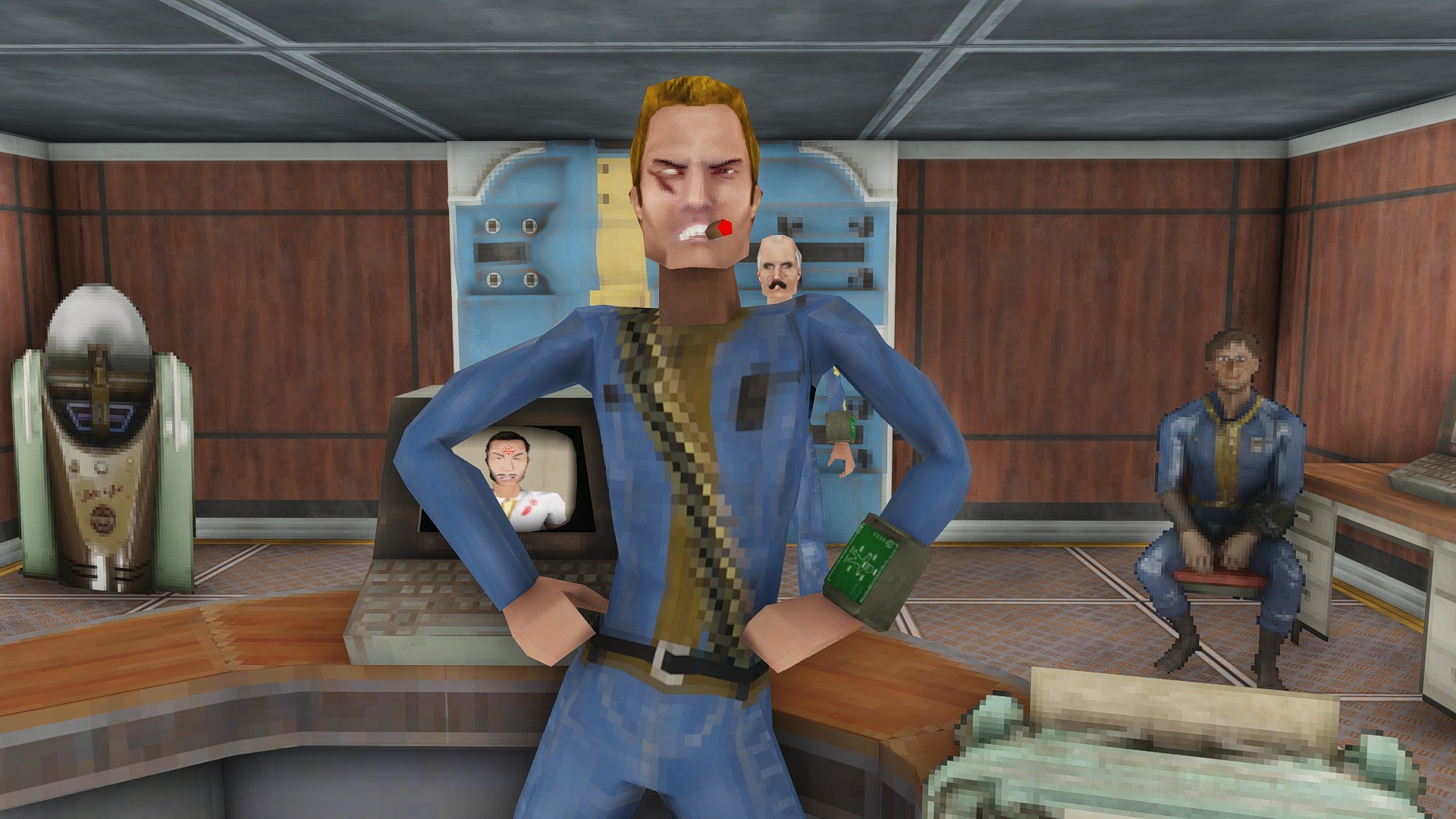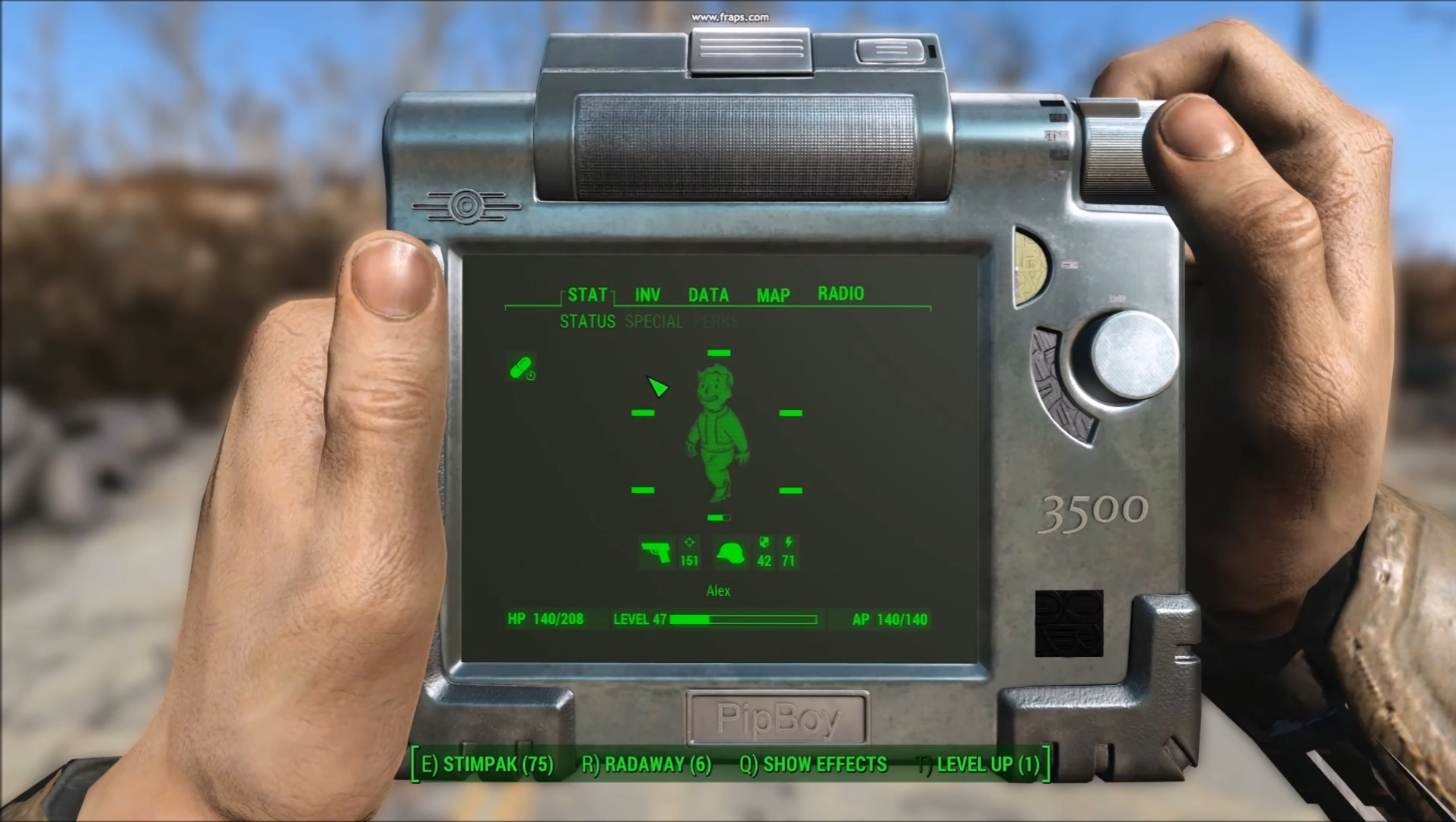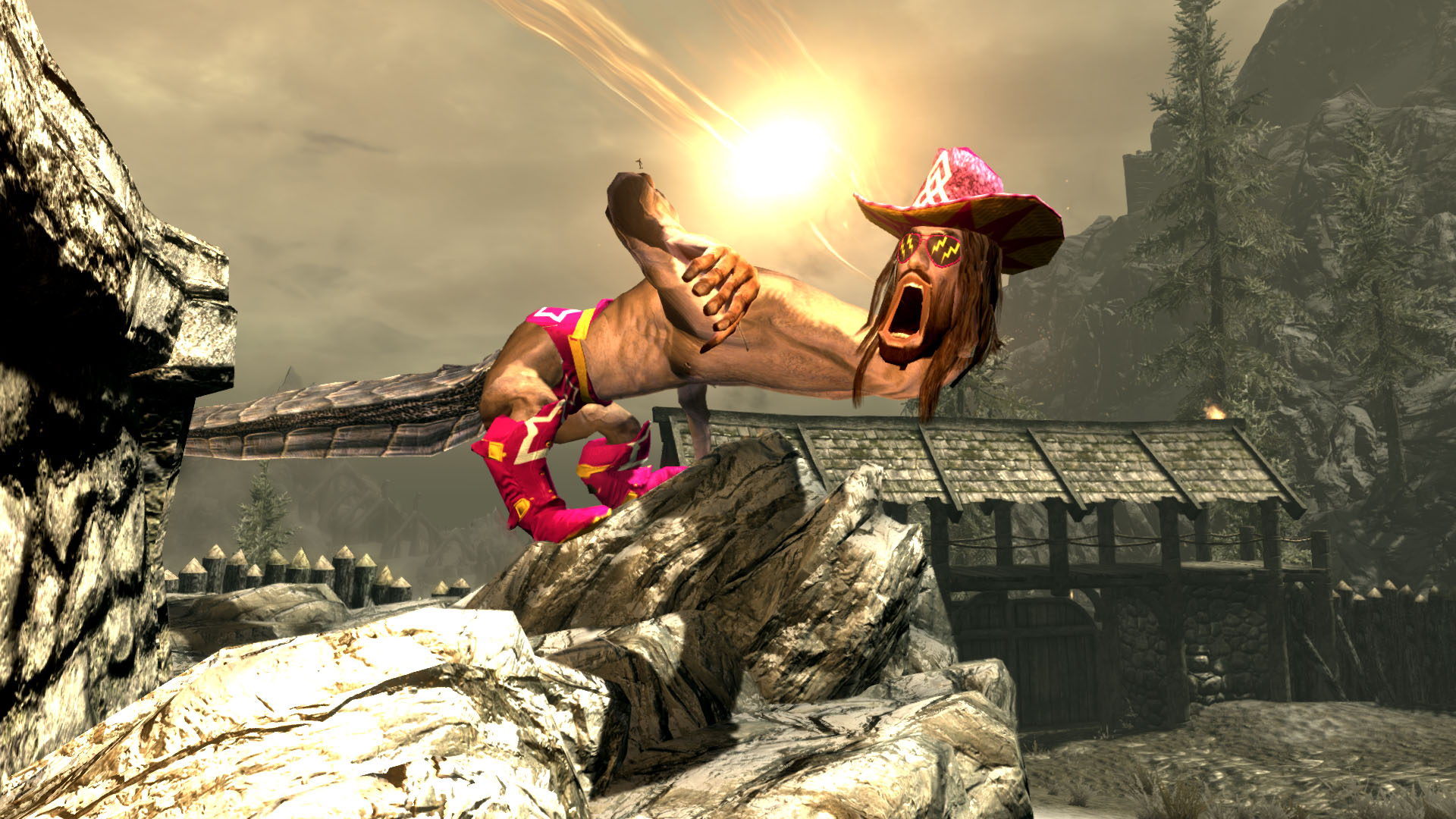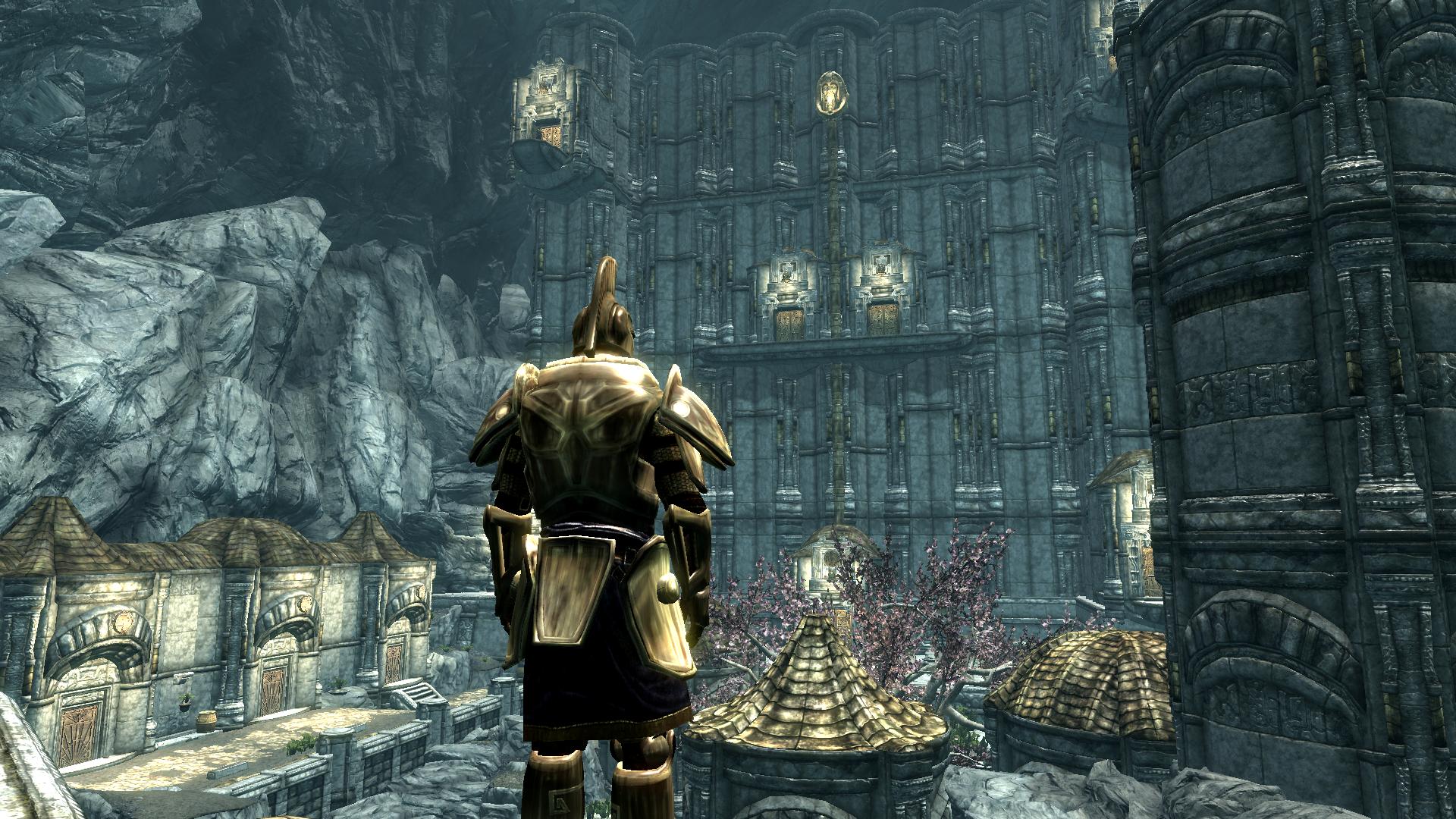It's great that Bethesda wants to pay modders, but Creation Club mods should still be free
Bethesda doesn't need to charge for mods—they've been passively profiting from them for years.

Here we go again! Bethesda taking another stab at paid mods—despite saying that Creation Club isn't paid mods. It is, though. There will be new mods you'll have to pay for to use. But there's also been more thought put into Creation Club than the dreadful and half-baked Steam paid mod system from back in 2015. While the last attempt generated anger over the thought of paying for mods and fear that such a system will destroy the modding community, Creation Club itself isn't anything to be too worried about. In fact, with one small change, it could be a great system.
Creation Club, which was announced during E3, is an improvement over the 2015 attempt on Steam in almost every respect. Bethesda is hiring modders to create new content for Fallout 4 and Skyrim Special Edition, and charging players to use it. It won't monetize any existing mods—everything in the Club will be something new, Bethesda says. Been using free mods? You can keep using them, and if Bethesda keeps its word, you won't see a monetized version of an existing mod with new features show up for sale.
Creation Club is also a curated system, unlike the Wild West of Steam's disastrous attempt, which was a chaotic come-one come-all invitation that led to people uploading and attempting to sell previously free mods, or mods that weren't theirs, or mods that used code or assets from other mods without permission. Bethesda says it will be vetting each mod through an application and approval process, which will (we hope) mean no one can just sneak in with something they didn't entirely make themselves.

Bethesda's Club is a bit like what Ark has done with its sponsored mods. Modders can apply, and if they're accepted they'll draw payments and have development milestones put in place, working alongside Bethesda's developers. This points to a small number of modders being accepted (Ark only has about a dozen in their program) so we won't see hundreds or thousands of modders suddenly selling content in a big messy unregulated glut. This is all good!
But the Creation Club mods should be free. Bethesda has been passively profiting from mods for years. They add value to every game Bethesda publishes, even in advance of being made—we all know the potential moddable games have, and it’s part of the reason we buy them.
Mods extend the lives of games, and the longer people are playing a game, the longer they'll be talking about it, writing about it, making videos, streaming, tweeting, and so on. The longer a game is played after release, the more exposure it gets, and that exposure leads to sales. I've bought games in the past just because there were mods for it (I bought Crusader Kings 2 just to play the Game of Thrones mod) and I've bought DLC just because I wanted to use mods that require it, and I'm sure I'm not alone. Free mods, essentially, equal sales. That's how the developer gets paid without charging players to use mods.

Here's a completely unscientific example. Fallout 4 and Skyrim are still selling: Skyrim Special Edition is at the bottom of page 1 of Steam's top sellers list, Fallout 4 is at the top of page 2. People still talk about Fallout 4 and Skyrim regularly because there are cool and free mods coming out for it all the time (I personally post stories about those mods on a near-weekly basis).
The biggest gaming news, reviews and hardware deals
Keep up to date with the most important stories and the best deals, as picked by the PC Gamer team.
2016's Doom, meanwhile, is at the bottom of page 4 on the top sellers list. No one is really writing or talking about Doom these days (I know I'm not), and that's certainly in part because Doom can only be "modded" with SnapMap, its official in-game editor. The original Doom, from 1993 is still being modded, and those mods are still being written about and shared regularly. Google "Doom mods" and you'll get pages of mods (plus stories and videos about those mods) for the original Doom, not the new Doom.
This makes a solution that works for everyone obvious: Bethesda should hire modders for its Creation Club, pay them, and curate their mods. Just don't charge players to use the Club's mods. Make the new content free. Modders will get paid by Bethesda, Bethesda will get paid by continuing sales of its moddable games, and players will enjoy more free mods.

I know there's a common sentiment that modding should be a work of passion with no financial incentive—even some modders feel this way. But doing something you love doesn't automatically mean you shouldn't also make money, and while some modders are financially secure enough to never have to earn a dime from their work, for plenty of others being paid could not only improve their lives but give them more time to spend modding. Some modders have donation pages, but from what I understand they rarely make much. For example, Nick Pearce, the modder behind the award-winning The Forgotten City mod for Skyrim, says in his piece for Gamasutra that fewer than .01% of the over 1 million people who downloaded his mod made a donation.
I'm in favor of modders earning money from their labor. I really wish the Steam system had worked, and it might have with more forethought, some curation, and if both Valve and Bethesda had not taken a cut of the earnings (Valve doesn't need it either: it benefits simply by hosting free mods in its Workshop and keeping players in Steam, where they might buy a game). And I'm happy to see Bethesda investing some money into modders with the Creation Club. But that investment will pay off even if they don't charge players for mods.

Chris started playing PC games in the 1980s, started writing about them in the early 2000s, and (finally) started getting paid to write about them in the late 2000s. Following a few years as a regular freelancer, PC Gamer hired him in 2014, probably so he'd stop emailing them asking for more work. Chris has a love-hate relationship with survival games and an unhealthy fascination with the inner lives of NPCs. He's also a fan of offbeat simulation games, mods, and ignoring storylines in RPGs so he can make up his own.

